BU academic presented at ‘Belonging in a post-Brexit-vote Britain: researching race, ethnicity and migration in a changing landscape’ conference at the University of Sheffield (co-organised by the British Sociological Association and the Migration Research Group)
I presented an on-going project, Migrant and Refugee Leisure Spaces and Community Well-being at ‘Belonging in a post-Brexit-vote Britain: researching race, ethnicity and migration in a changing landscape’ conference at the University of Sheffield in May. A report of the conference can be found here: https://www.sheffield.ac.uk/socstudies/scsnews/bsa-migration-conference-1.701133
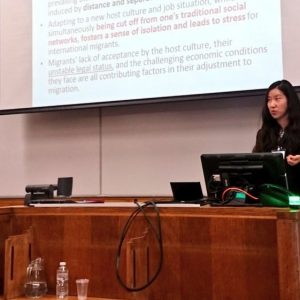
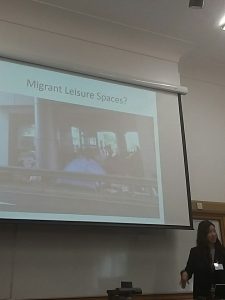
[Dr. Jaeyeon Choe, Senior Academic presenting at Sheffield]
The ‘Migrant and Refugee Leisure Spaces and Community Well-being’ presentation got much interest from the audience, who were primarily sociologists. Discussions flowed around “how” leisure spaces and practices can help migrants integrate into communities and enhance their well-being, and how migrants define social inclusion, integration and well-being differently from scholarly (often middle class and ‘white’) definitions. Other discussions surrounded how some cultures have segregated and have ‘invisible’ leisure spaces whilst others prefer generic space to gather.
Prof. Louise Ryan in Sociology at University of Sheffield emphasised that we need to develop comparative lenses and more holistic and international perspectives from different scales. We need to talk across fields and disciplines to move forward to understand migrants’ lives, well-being and integration.
“The impact of the referendum, means that researchers on intra-EU migration, those working on refugee studies and on ‘race’ and ethnic studies, need to come together to share insights and collaborate to develop new analytical frameworks to understanding the evolving implications of Brexit.”
The tourism and leisure field has much to offer and contribute in the exploration of migrant lives and their integration in the UK. Existing research suggests that leisure spaces provide migrants with opportunities for developing, expressing and negotiating their personal, social and cultural preferences safely whilst gaining recognition and a sense of belonging. This is especially important as they may confront issues relating to belongingness, societal membership, social status, self-perception and cultural confusion. Leisure can be instrumental to (re)establishing connections and networks with locals as well as other migrants and refugees, and provide spaces for problem solving. Leisure opportunities and spaces support the development of cultural capital to allow migrants to feel safe enough to contemplate building a productive life. Thus, leisure spaces can play an important role in integration. The role of leisure in integration also reflects the receiving community feeling unthreatened by migration.
I also participated in an Early Career Researcher Mentoring session with Prof. Louise Ryan during the conference. I found the session very useful as I received advice on research, publishing and networking in the migration studies field and beyond. Prof. Ryan also shared helpful insights and advice on career development strategies in the UK, especially for migrant young female researchers with similar profiles to me. This was an unusual programme during an academic conference that can be widely utilised by other conference and workshop organizers. I found the session extremely helpful in aiding my understanding of the academic culture in the UK and how to adapt to it as a young researcher from a migrant background.
https://www.britsoc.co.uk/about/latest-news/2017/may/mentoring-caf%C3%A9-it-isnt-just-chatting-over-coffee/?utm_source=newsletter&utm_medium=email&utm_campaign=may_news&utm_content=louise_ryan
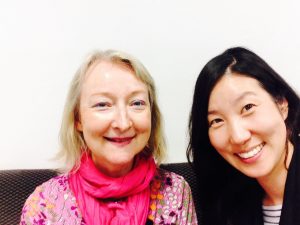
Another interesting feature of the conference was a photographer as a keynote speaker. Jeremy Abrahams (theatre & portrait photographer) shared powerful visual work of the impact of Brexit entitled, ‘Remain/Leave’.
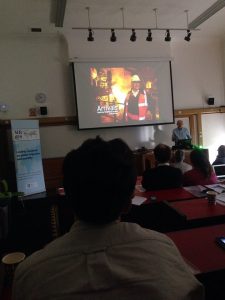
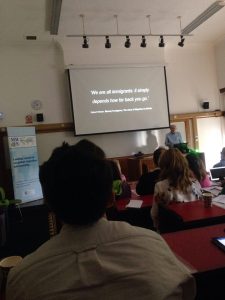
A keynote by Dr. Jon Fox at University of Bristol emphasised ‘Everyday Racism’ and how it has increased after the EU Referendum. He discussed pathological integration: East Europeans, racism & becoming British.
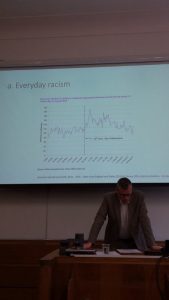
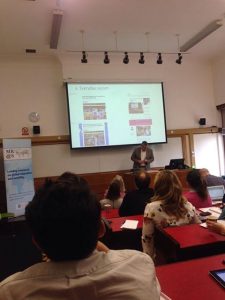
Finally, fellow conference delegates took photos of my presentation and posted them with useful comments/questions on the conference twitter page. After I mentioned a Bourenmouth University migrant well-being project twitter account, 10 immediately followed us, and had led to interesting and useful connections with fellow researchers with similar interests. 🙂 It was not only productive in getting feedback and comments on our on-going research project, but also great to meet migrant studies researchers to network.
For more information about our migrant and refugee leisure spaces and community
well-being project, please follow the Facebook Group: ‘Migrant Leisure Spaces’, Twitter: @migrantspaces and the project web page: https://research.bournemouth.ac.uk/project/migrant-refugee-leisure-wellbeing/

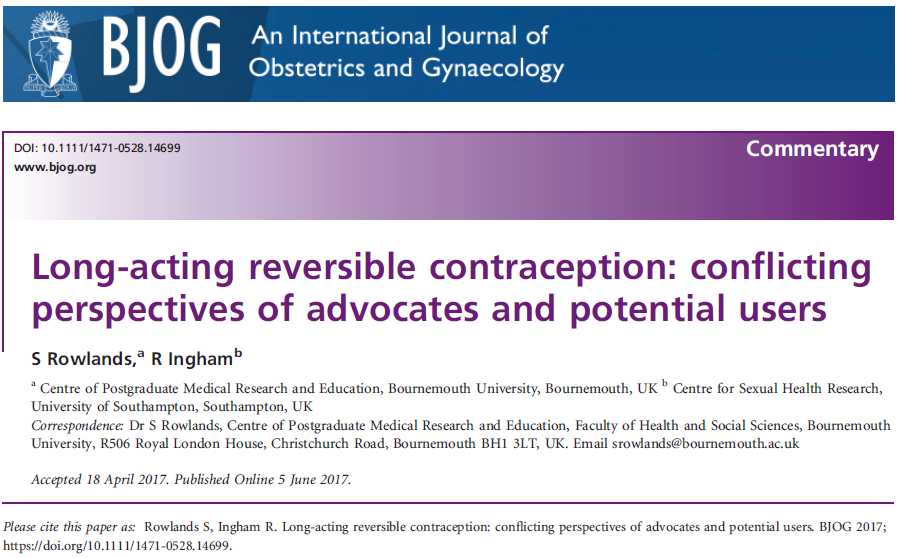

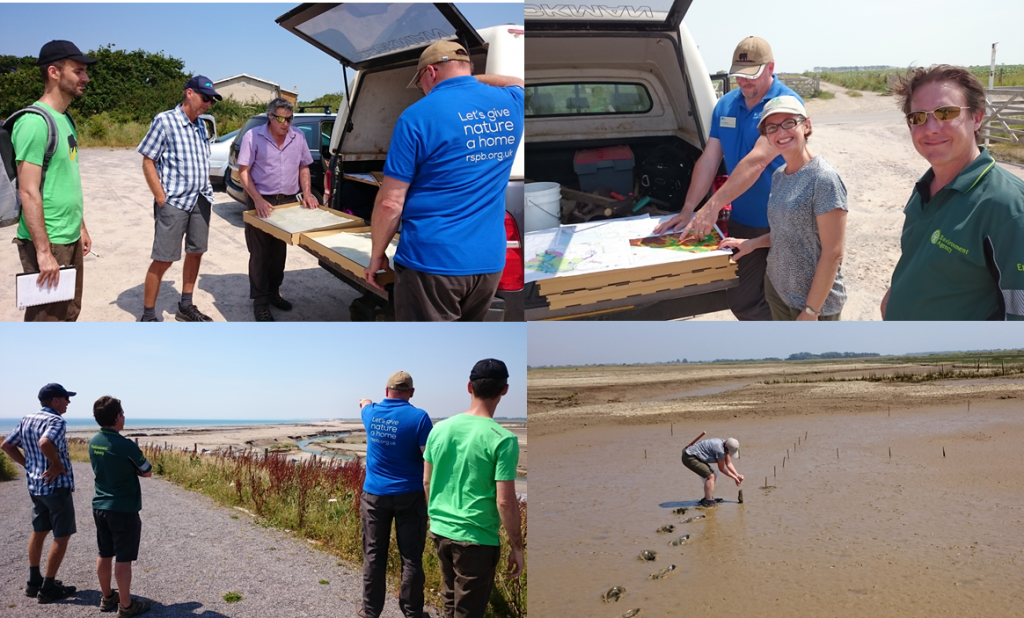
 BU Faculty of Management, to contribute a commentary to the widely read Oxford Business Law Blog. The piece is an
BU Faculty of Management, to contribute a commentary to the widely read Oxford Business Law Blog. The piece is an 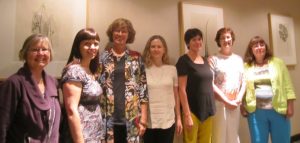
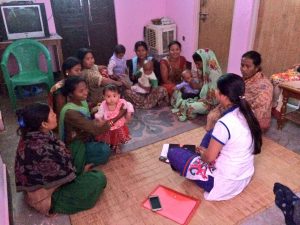
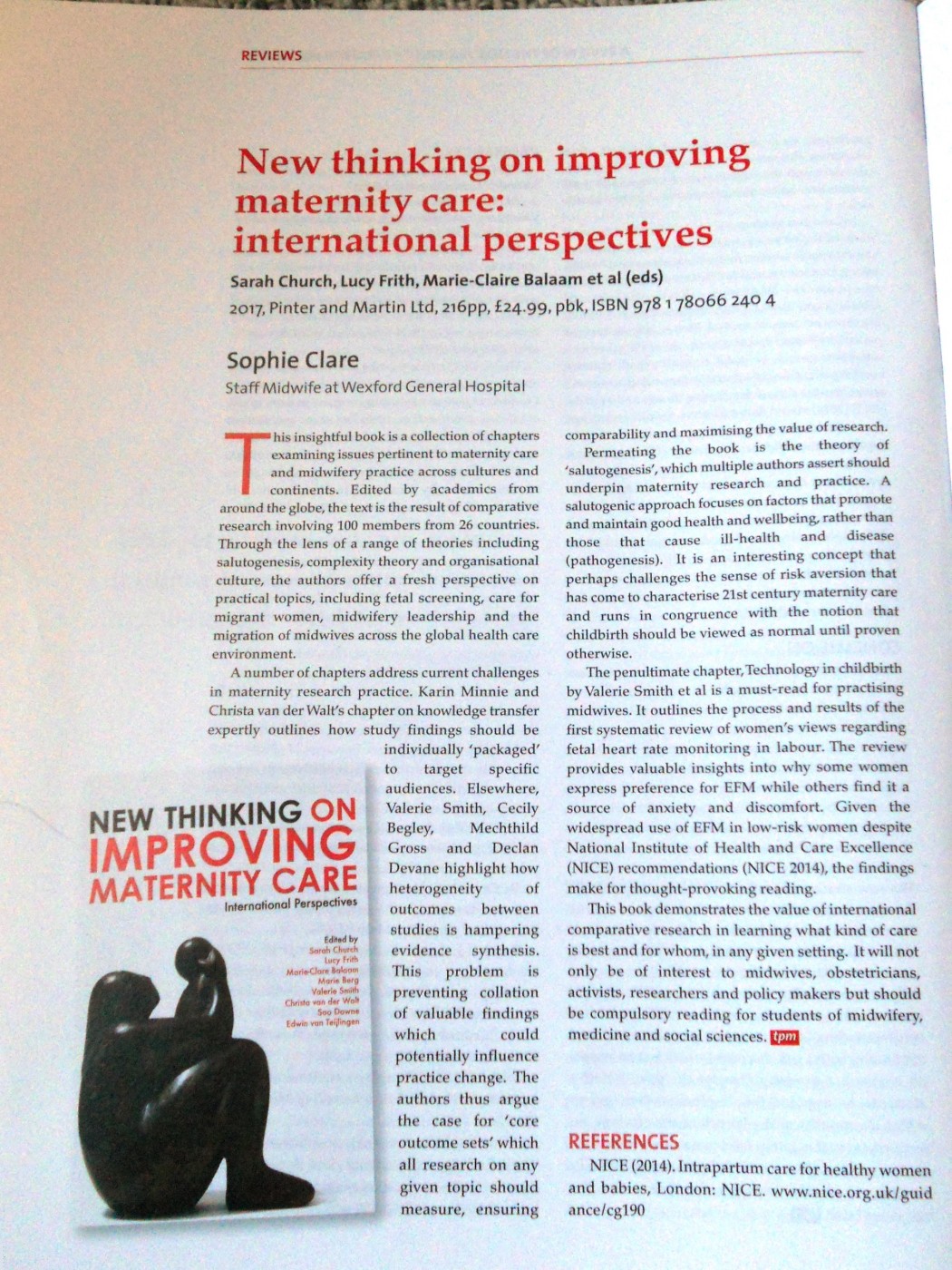
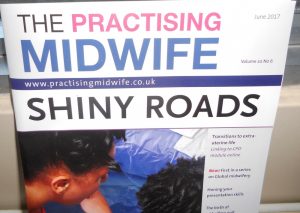
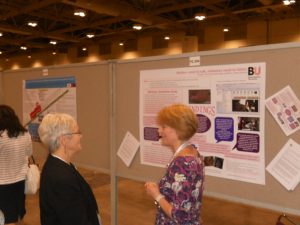
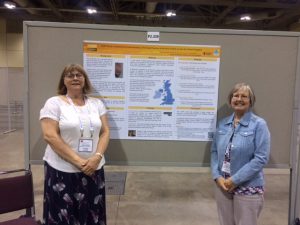
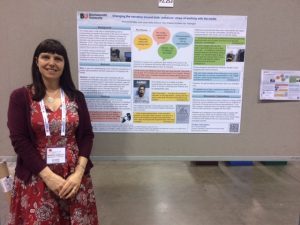
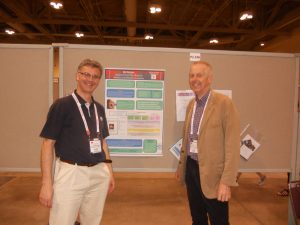

 Support
Support

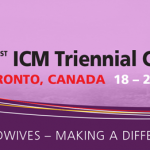
















 From Sustainable Research to Sustainable Research Lives: Reflections from the SPROUT Network Event
From Sustainable Research to Sustainable Research Lives: Reflections from the SPROUT Network Event REF Code of Practice consultation is open!
REF Code of Practice consultation is open! BU Leads AI-Driven Work Package in EU Horizon SUSHEAS Project
BU Leads AI-Driven Work Package in EU Horizon SUSHEAS Project ECR Funding Open Call: Research Culture & Community Grant – Apply now
ECR Funding Open Call: Research Culture & Community Grant – Apply now ECR Funding Open Call: Research Culture & Community Grant – Application Deadline Friday 12 December
ECR Funding Open Call: Research Culture & Community Grant – Application Deadline Friday 12 December MSCA Postdoctoral Fellowships 2025 Call
MSCA Postdoctoral Fellowships 2025 Call ERC Advanced Grant 2025 Webinar
ERC Advanced Grant 2025 Webinar Update on UKRO services
Update on UKRO services European research project exploring use of ‘virtual twins’ to better manage metabolic associated fatty liver disease
European research project exploring use of ‘virtual twins’ to better manage metabolic associated fatty liver disease